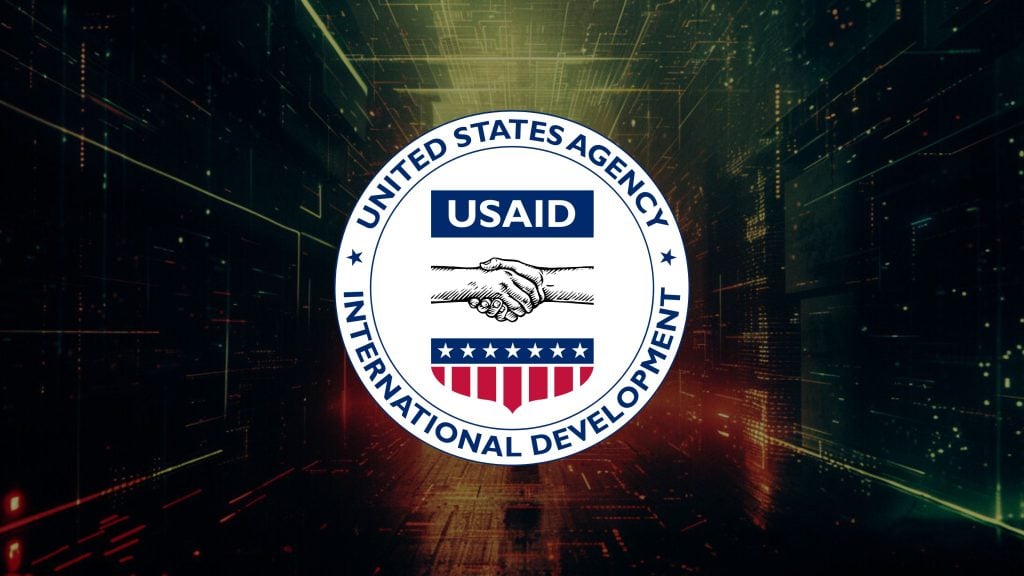By now, everyone following privacy news should be aware of Clearview AI, the company that scrapes selfies from social media and uses them to train facial recognition software that they then license to the Department of Justice, immigration enforcement, thousands of police departments and other agencies in the United States.
In February, facing great scrutiny in North America, Clearview AI decided to expand into new markets. Turns out, they were quietly pursuing clients in law, retail, banking, and gaming industries in international markets like Europe, South America, Asia Pacific, and the Middle East.
Apparently, Clearview AI was not aware of the EU’s status as the world’s leading governmental body cracking down on corporations abusing people’s privacy. This was never going to end well.
The EU’s privacy watchdog, the European Data Protection Board (EDPB) said that the use of Clearview AI by law enforcement would “likely not be consistent with the EU data protection regime.”
In other words, they have not looked into the specifics of it yet, but they’re sure enough off the top of their heads to make a public statement about it before any law enforcement agencies in Europe contract the service.
The EDPB further added that it “has doubts as to whether any Union or Member State law provides a legal basis for using a service such as the one offered by Clearview AI.” This means that even beyond the EU’s laws, it’s unlikely that any of the EU’s member states have any laws that would justify the use of facial recognition service by law enforcement.
In early May, Clearview AI made the decision to stop working with private companies. This came as an attempt to navigate their increasingly difficult terrain of lawsuits and regulatory red tape. In the legal documents responding to one of their lawsuits, the company claimed they would “avoid transacting with non-governmental customers anywhere.”
It’s unclear why they thought that move would be enough to absolve them from criticism, but what does seem clear is that the EU will be another door shut in their face.
US agencies will likely continue using its services, though.






















